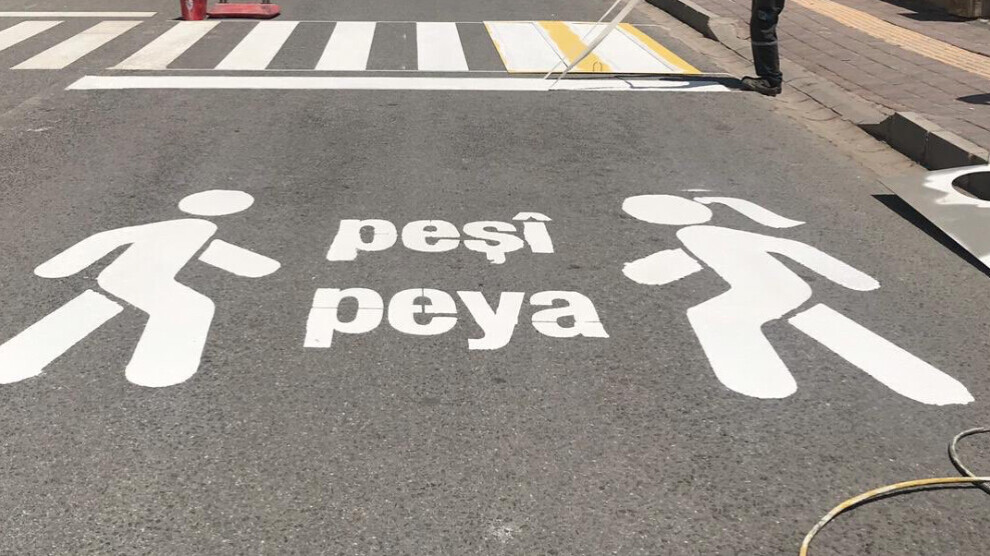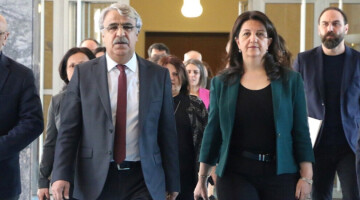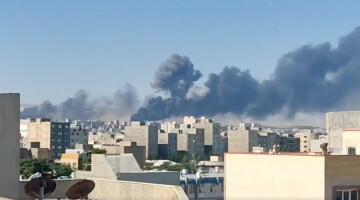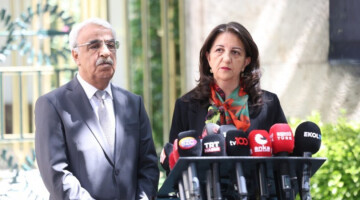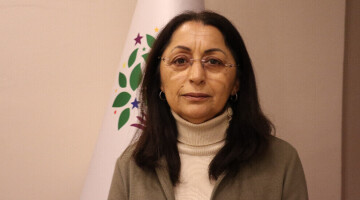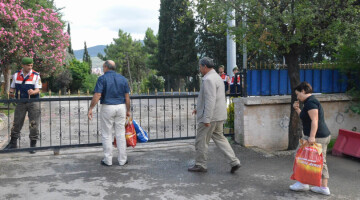15 bar associations made a joint written statement on the removal of the traffic warning signs "Hêdî (Slowly)" and "Pêşî Peya (Pedestrian First)" at pedestrian crossings in Kurdish cities following the instruction of the Turkish Ministry of Interior. The statement underlined that the attacks against the Kurdish language are an indication of intolerance towards the existence and culture of Kurds.
The joint statement on Thursday said: "It is understood that the traffic warnings written in Kurdish on pedestrian crossings on the roads under the responsibility of municipalities in Amed, Van, Mardin and Batman provinces have been erased by the intervention of civilians under the supervision of law enforcement officers or by highway directorate officials in recent days. Traffic rules are a set of rules that determine the measures to be taken to ensure traffic order on roads in terms of safety of life and property and all matters concerning traffic safety. There is no legal obstacle for signs and writings indicating traffic rules and warnings to be written in languages other than Turkish. Having traffic warnings and signs in the native language of the people living in a city does not harm the purpose of the regulation. On the contrary, it effectively contributes to the desired traffic safety."
The statement emphasised that attacks on the Kurdish language harm social peace and continued: "This unfortunate approach is another expression of the intolerance towards the existence and language of millions of Kurds living in our country. This attitude harms the culture of coexistence and social peace. As the undersigned Bar Associations, we call for the abandonment of these practices that harm social peace and for an effective judicial and administrative investigation to be carried out against the perpetrators of these practices."
The joint statement was endorsed by the bar associations of the following cities: Adıyaman, Ağrı, Batman, Bingöl, Bitlis, Dersim, Diyarbakır, Hakkari, Kars, Mardin, Muş, Siirt, Urfa, Şırnak and Van.

